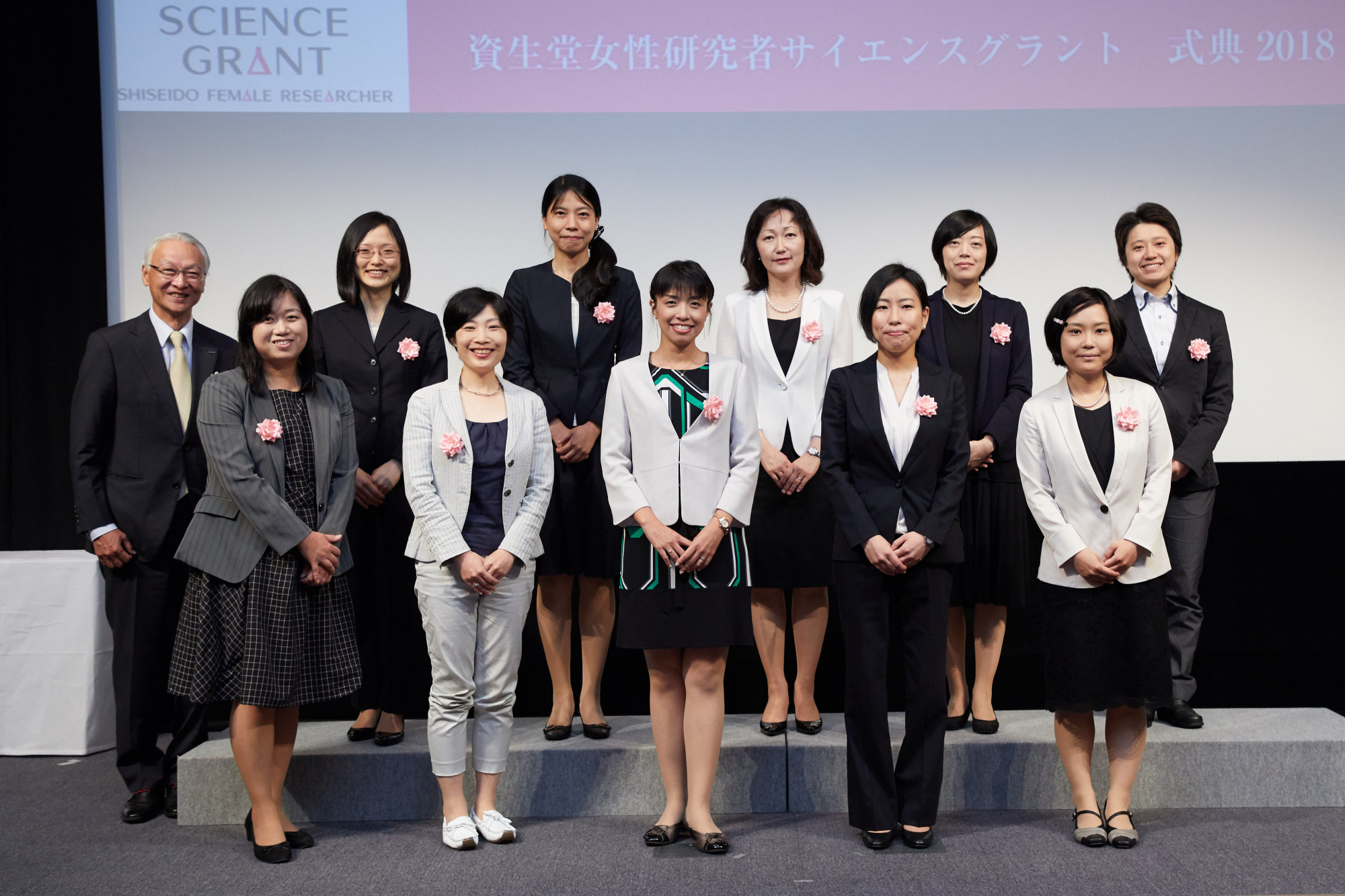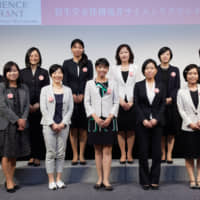What is described as “so Shiseido” by many of its employees is the Shiseido Female Researcher Science Grant program.

Japan’s renowned cosmetics maker, which has long been committed to female empowerment, launched the program in 2007 to “support female researchers eager to play a leading role in science in the future,” said Rumiko Fujiwara, group manager of the Academic Relations Group, who is helping to organize the initiative.
One of the backdrops prompting Shiseido Co. to initiate the effort is Japan’s low ratio of female researchers, Fujiwara explained.
In Japan, the number of female researchers is 150,500, accounting for a record-high 16.2 percent of all researchers, according to the 2018 Survey of Research and Development by the internal affairs ministry. The ratio is still lower than many other countries, including Iceland (47.2 percent in 2016), the United Kingdom (38.6 percent in 2016) and South Korea (20.1 percent in 2017), according to the statistics by the Organisation for Economic Co-operation and Development.
“We believe that backing female researchers and increasing their numbers will lead to the development of Japanese science and technology,” Fujiwara said, referring to the launch of the initiative.
With the target area of research being overall natural science and no age limit in application, the annual program awards 10 recipients with a grant of ¥1 million each.
One of the strong features of this award is that the recipients can use the funds in any way they please as long as it contributes to advancing their research — including hiring a babysitter to look after their child when attending an academic conference, Fujiwara said.
She noted it would be a waste if female researchers had to give up their projects because of limited support following major life events like having children that can make juggling work-life duties challenging. This is where the program comes in.
Fujiwara, who raised her two children while engaged in research, hopes the program will expand networks of researchers that would benefit science and corporate communities.




